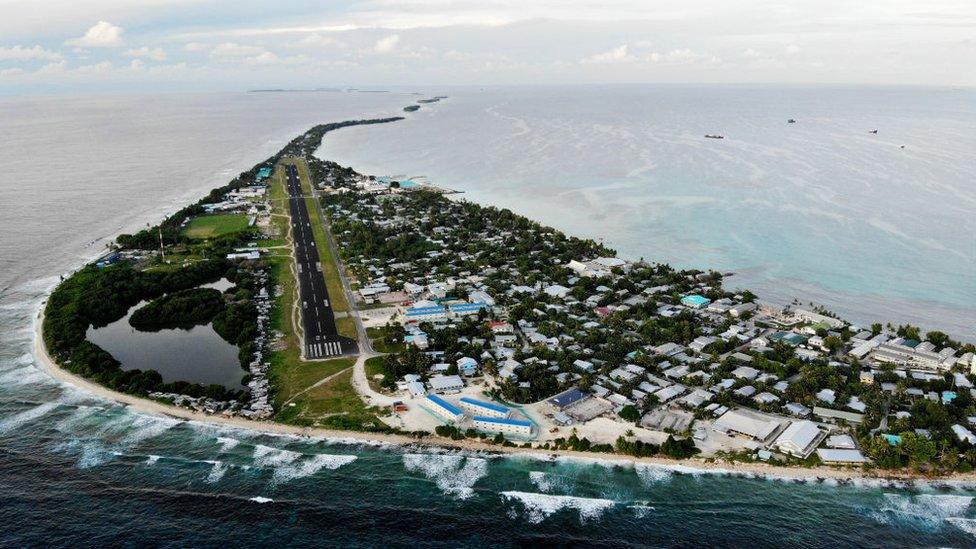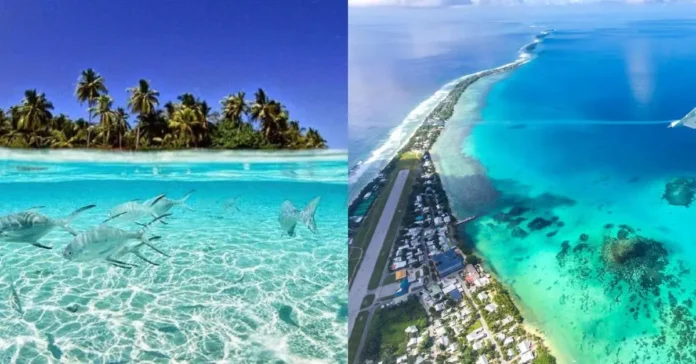Tuvalu: The Least Visited Paradise You’ve Never Heard Of. Tucked away in the heart of the Pacific Ocean, Tuvalu is the fourth smallest country in the world, covering just 12 square kilometers. With only a few thousand visitors annually, it’s officially one of the least visited places on the planet, but what it lacks in tourists, it makes up for with untouched beauty, unique culture, and pressing environmental challenges.
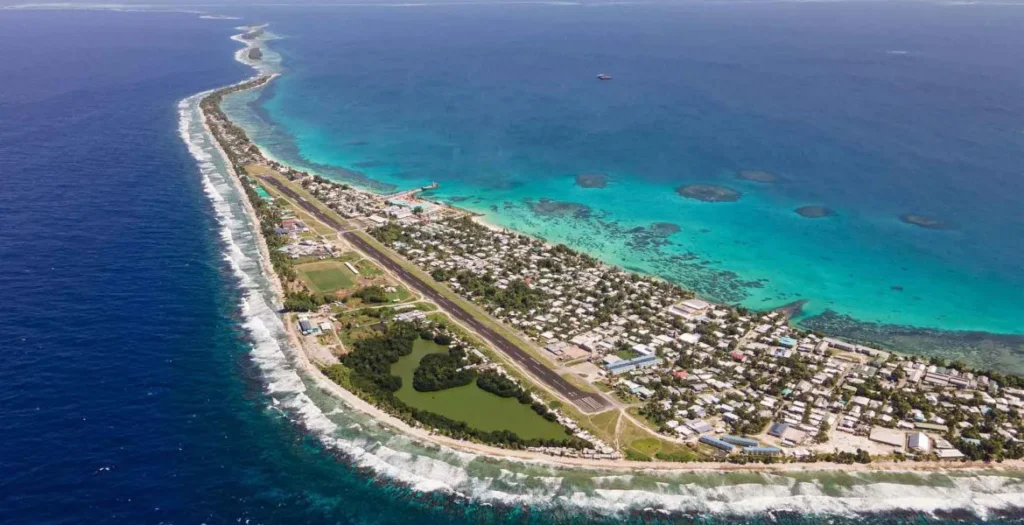
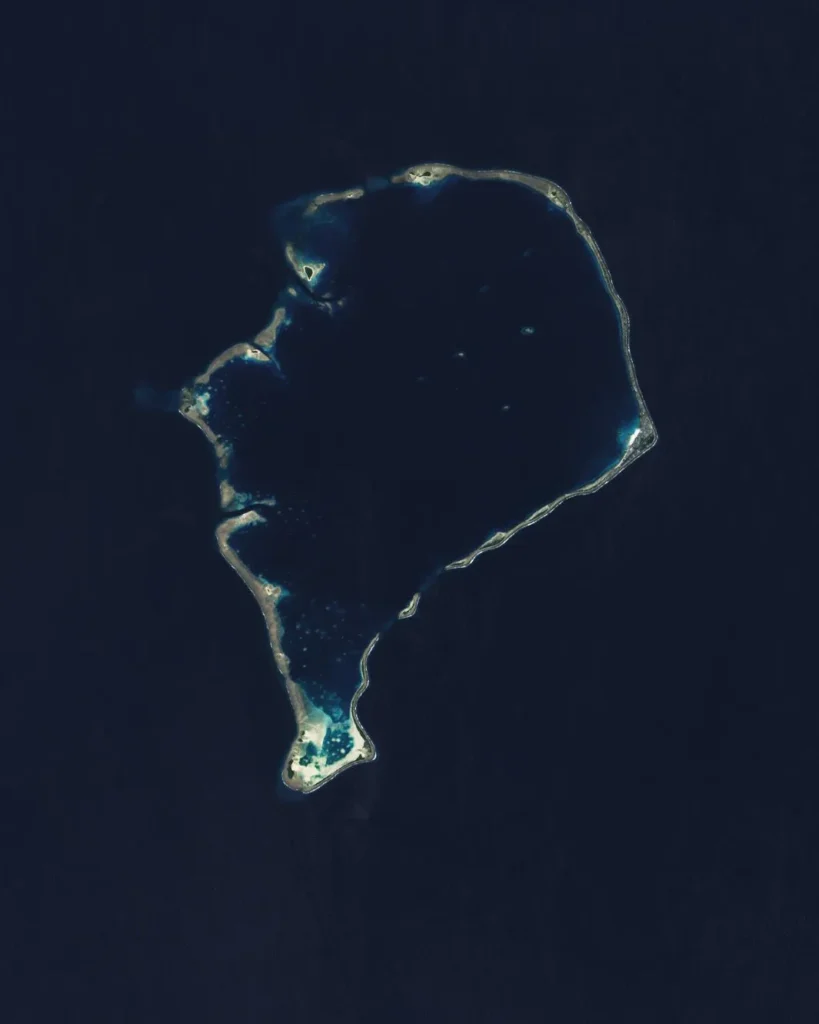
A Hidden Gem of the Pacific.
Tuvalu’s remoteness is one of its greatest treasures. It’s made up of nine coral atolls and islands, surrounded by sparkling turquoise waters and rich marine life. Its beaches are as pristine as they come, and with so few tourists, you can often have entire stretches of white sand to yourself. Imagine snorkeling over vibrant coral reefs teeming with tropical fish or watching the sun set into the vast Pacific Ocean, uninterrupted by the hustle of crowded resorts.
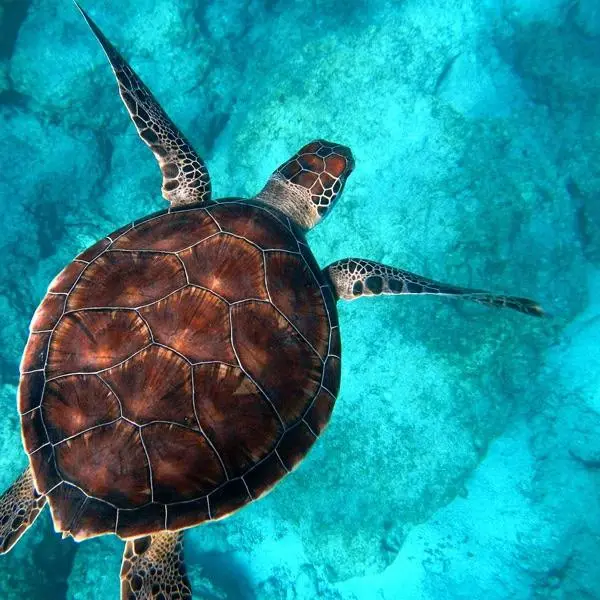
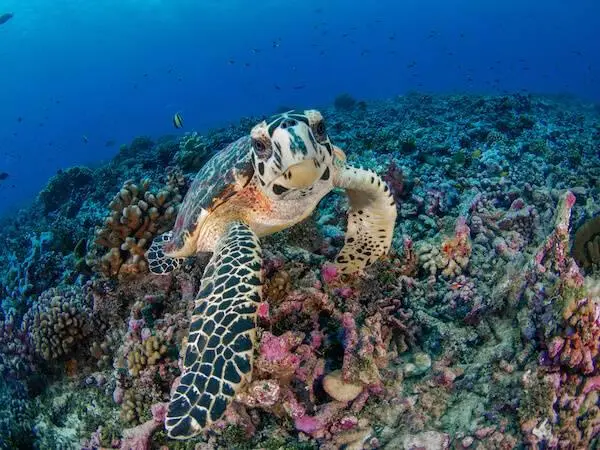
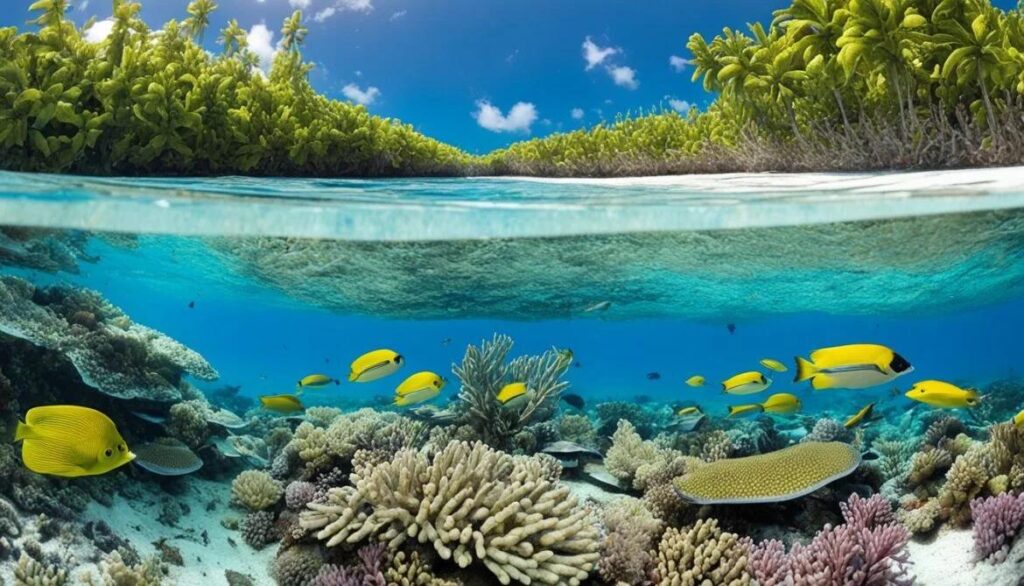
A Close-Knit Culture
Despite its isolation, Tuvalu boasts a rich cultural heritage. The locals, known as Tuvaluans, are friendly and welcoming, always eager to share their customs with visitors. Traditional dances, or “fatele,” are performed with passion, often during festivals and celebrations. These dances tell stories passed down through generations and offer a glimpse into the soul of the island nation.
The people here live in harmony with nature, relying on fishing and agriculture for survival. Their connection to the sea is deeply ingrained in their daily lives, and many visitors are drawn to learn about their sustainable way of life.
The traditional dance “fatele”.

The Beauty of Simplicity.
Tuvalu’s capital, Funafuti, is home to around half of the country’s population. The island itself is only about 20 meters wide in some places, so it’s easy to explore on foot. While there are no five-star resorts or large shopping centers, the slow-paced life and simple pleasures like enjoying fresh coconut juice or cycling along the coastline are what make Tuvalu so special.
One of the highlights of Funafuti is the Funafuti Marine Conservation Area, a protected zone that’s perfect for diving and snorkeling. Here, you can witness thriving coral gardens, giant clams, and even the occasional turtle or shark gliding through the water.
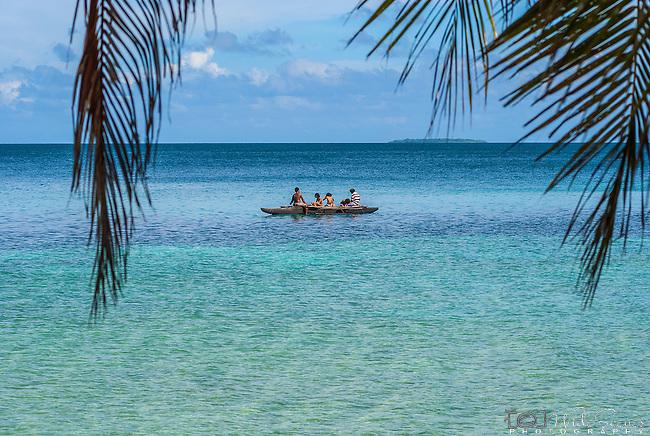
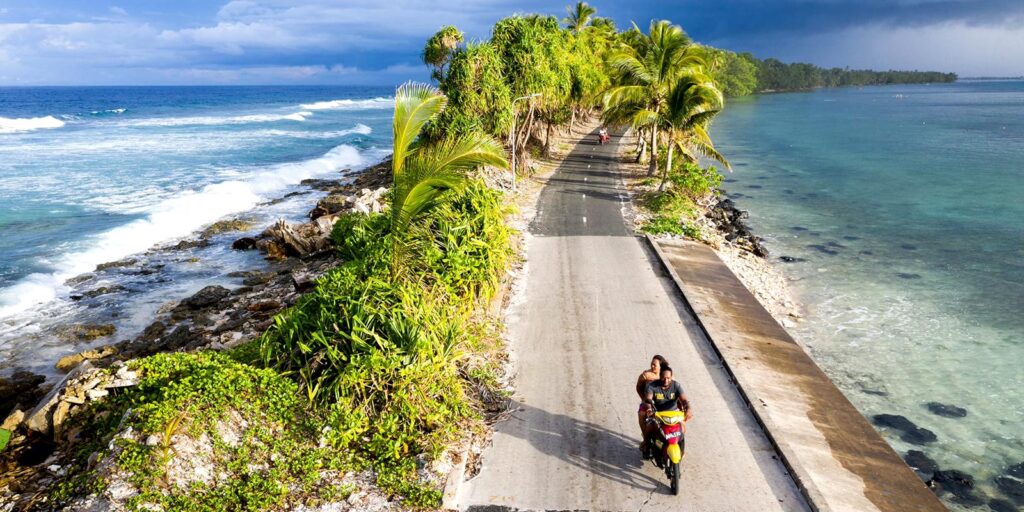
Facing the Rising Tides.
But for all its natural beauty, Tuvalu faces serious challenges. Climate change is a looming threat, as rising sea levels pose a real danger to the country’s low-lying atolls. At its highest point, Tuvalu is just 4.6 meters above sea level. With the ocean encroaching year by year, the future of this Pacific paradise is uncertain. The locals have become advocates on the world stage, pushing for urgent action to combat climate change.
As you wander the islands, you’ll see firsthand how the rising tides are impacting daily life. Some families have had to relocate their homes due to flooding, and crops have been destroyed by saltwater intrusion. Yet, despite these challenges, Tuvaluans remain resilient, holding onto hope and their vibrant culture.
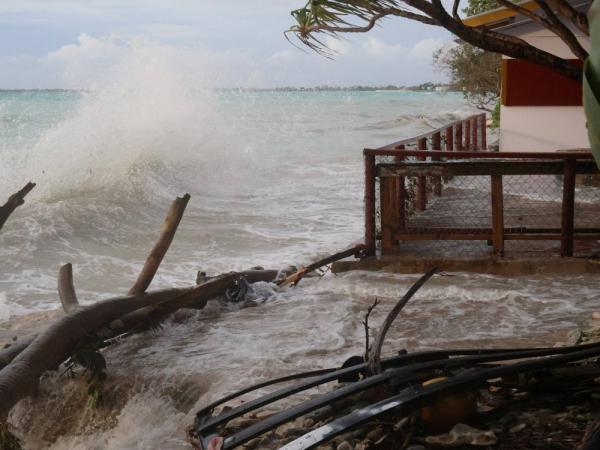
What to See and Do in Tuvalu.
Fongafale Islet:
This narrow islet is the main hub of activity in Funafuti. It’s where you’ll find the country’s airport (with only a couple of flights per week!), a handful of guesthouses, and a few local restaurants serving traditional Tuvaluan dishes.
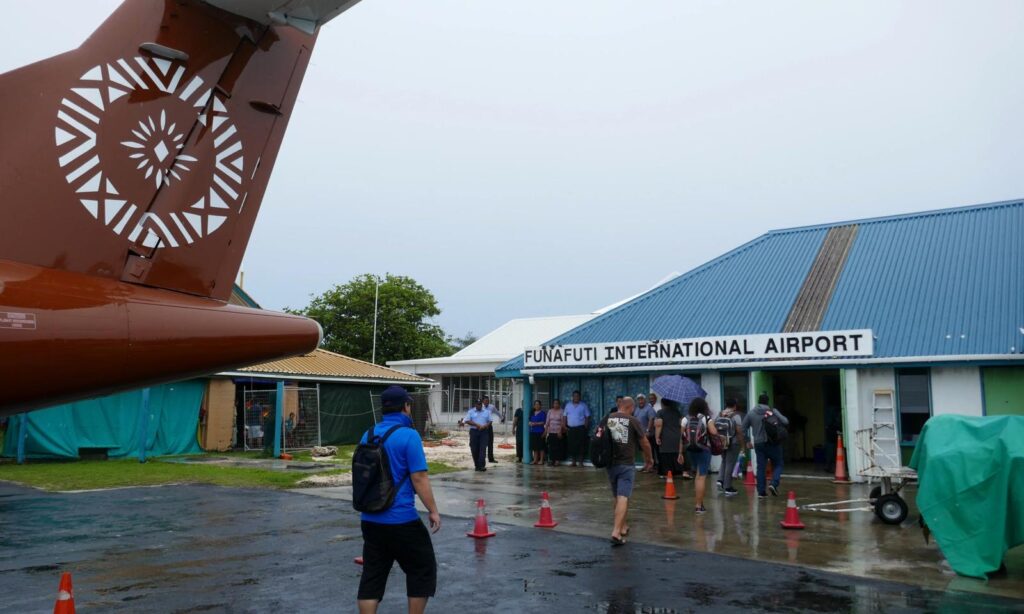
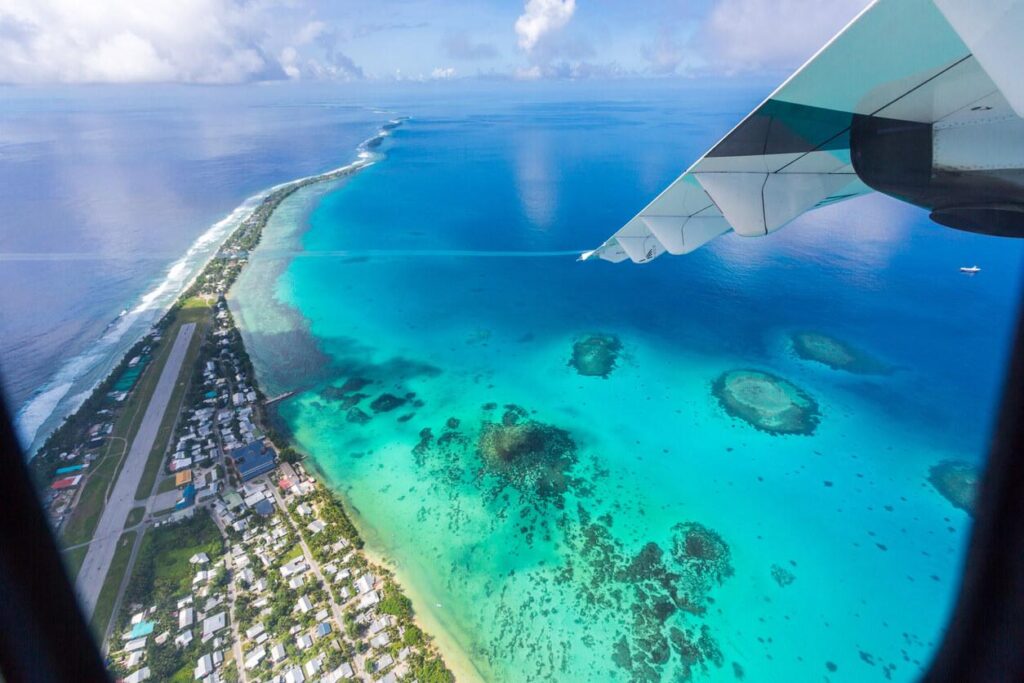
Funafuti Lagoon:
One of Tuvalu’s most stunning natural features, this expansive lagoon is ideal for snorkeling, diving, or simply enjoying a boat trip. The crystal-clear waters are filled with colorful marine life, making it a diver’s dream.
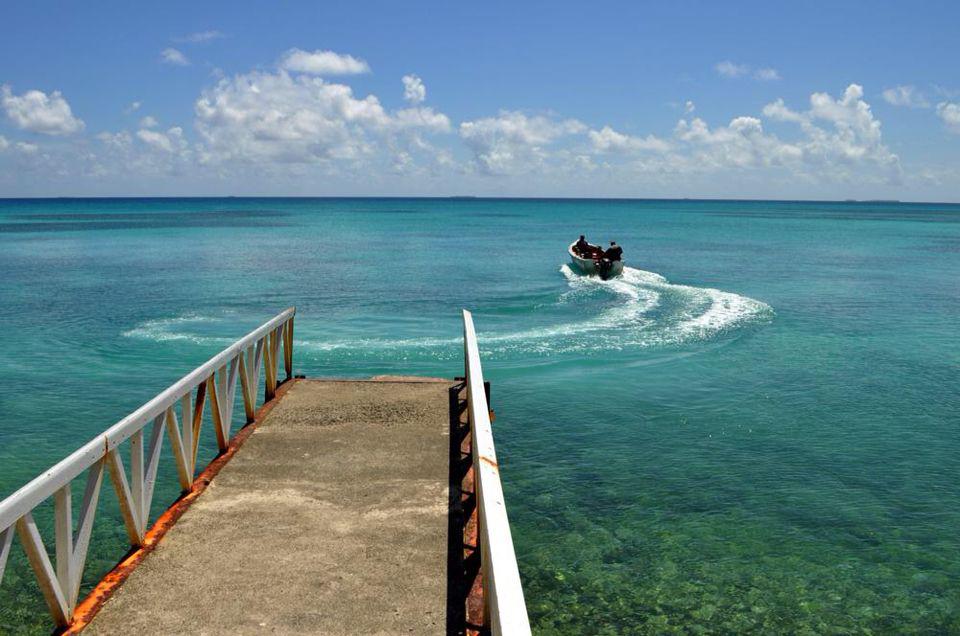
WWII Relics:
History buffs will enjoy exploring the remnants of World War II scattered around the islands. American forces built runways and bunkers during the war, and these sites are a fascinating glimpse into Tuvalu’s wartime past.
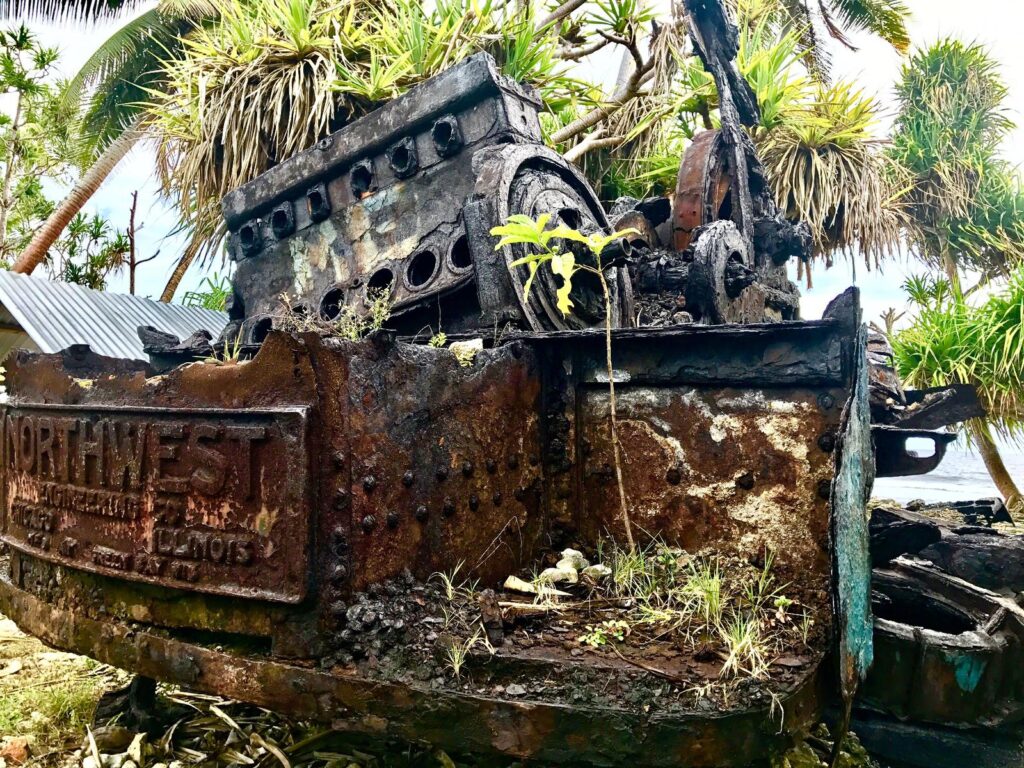
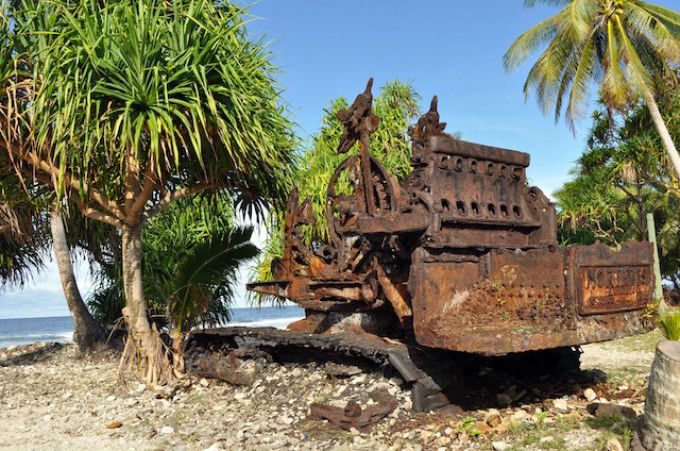
Nukufetau and Nukulaelae Atolls:
These outer islands are less developed than Funafuti but offer even more isolation and serenity. Visit for a day trip or an overnight stay, and you’ll be rewarded with some of the most untouched beaches and coral reefs in the world.
Traditional Canoe Building:
Witness the ancient craft of building traditional Tuvaluan canoes, a skill passed down through generations. These hand-carved vessels are still used for fishing and transport, reflecting the strong connection Tuvaluans have with the sea.
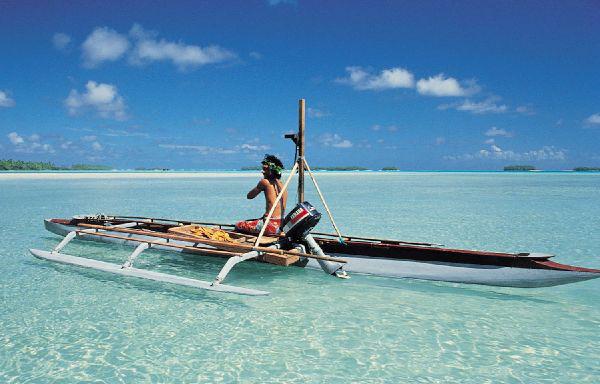
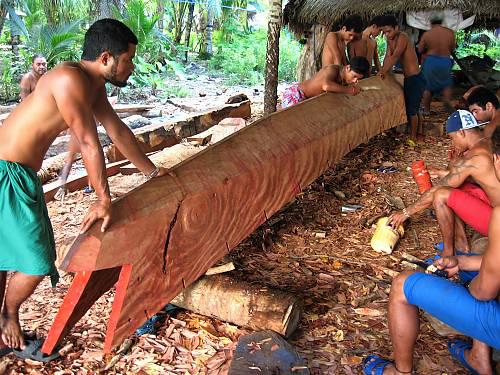
Why Visit Tuvalu?
Tuvalu may be small and hard to reach, but it offers a unique travel experience that few other destinations can match. For those seeking adventure off the beaten path, a chance to immerse in authentic island life, and a deeper understanding of the environmental challenges facing our planet, Tuvalu is waiting. It’s a place where you can disconnect from the chaos of the modern world and reconnect with nature, simplicity, and humanity.
Whether you’re exploring the vibrant coral reefs, watching a traditional dance performance, or simply sitting on a beach with the sound of the waves in your ears, Tuvalu is a reminder that sometimes the smallest places can leave the biggest impression.
